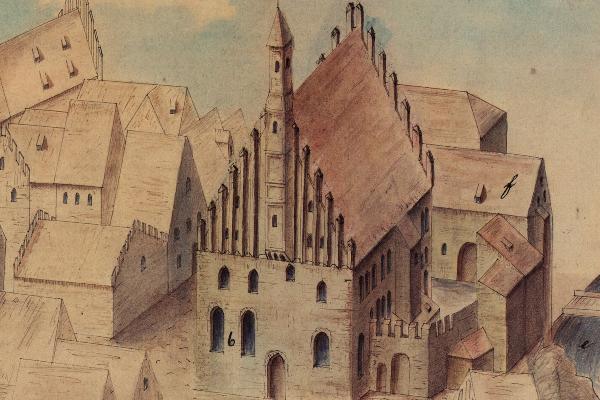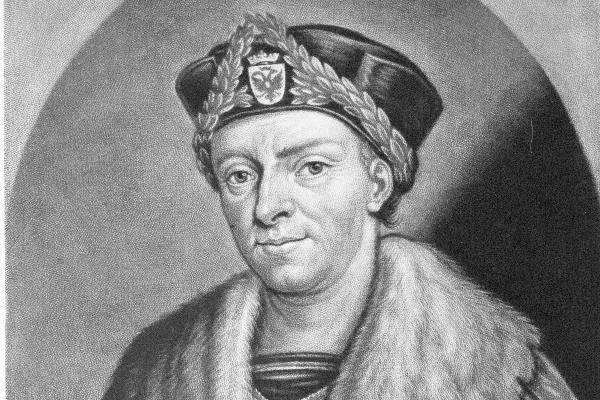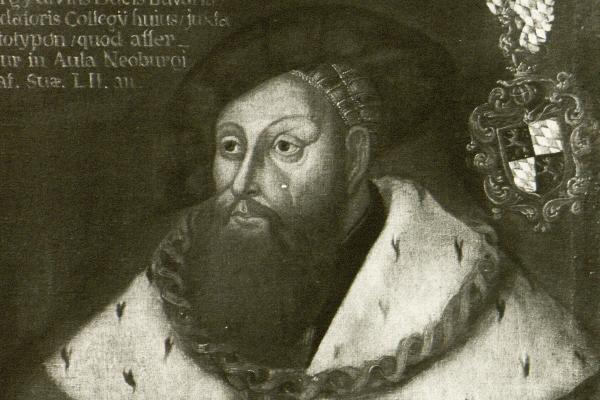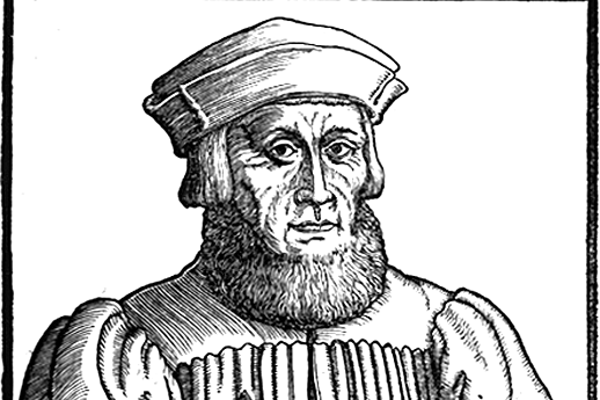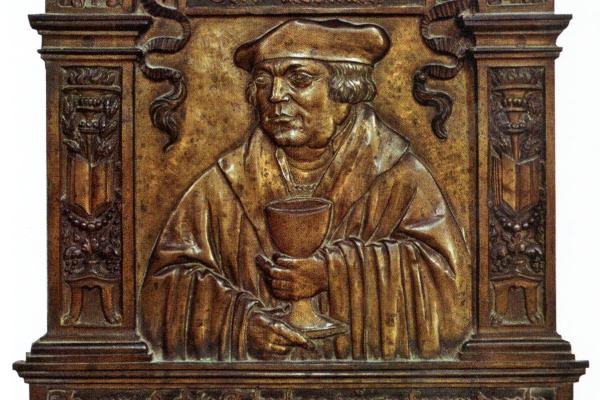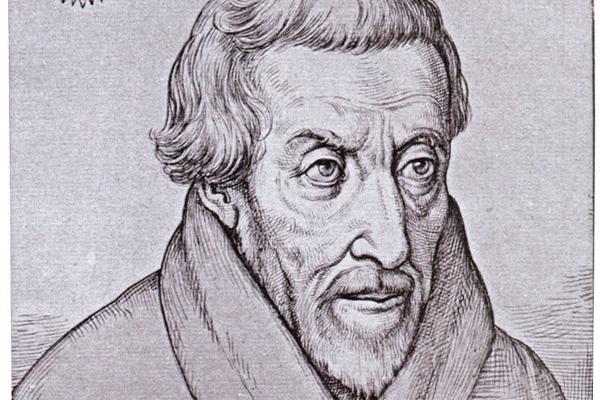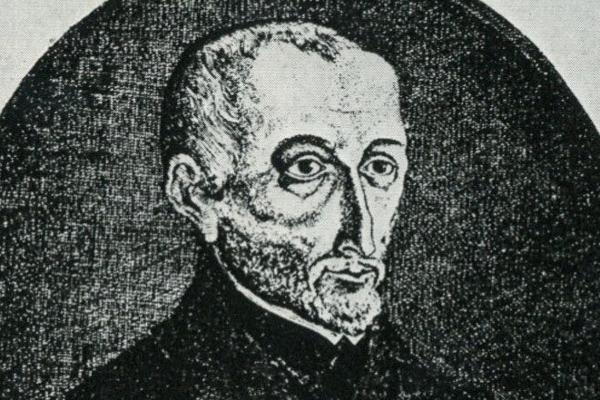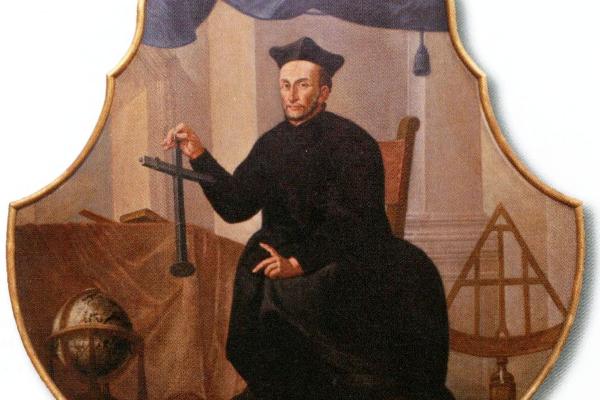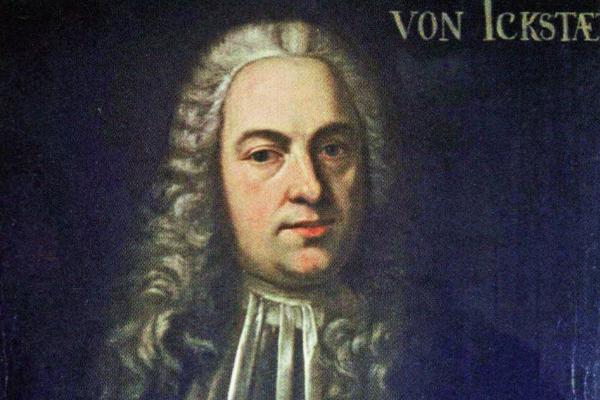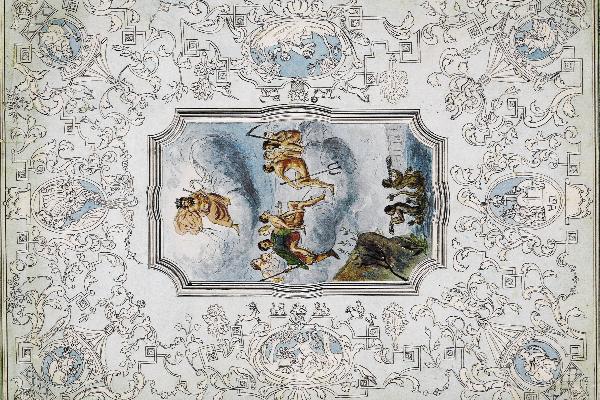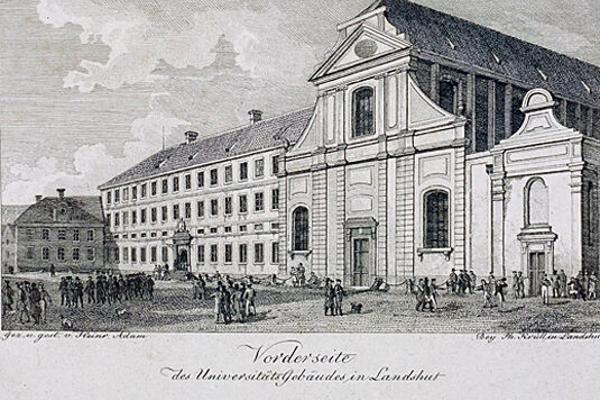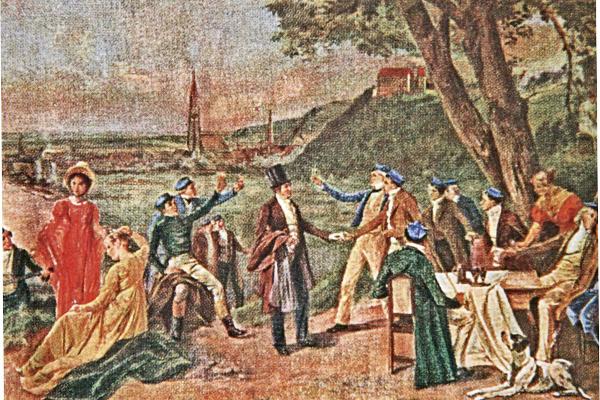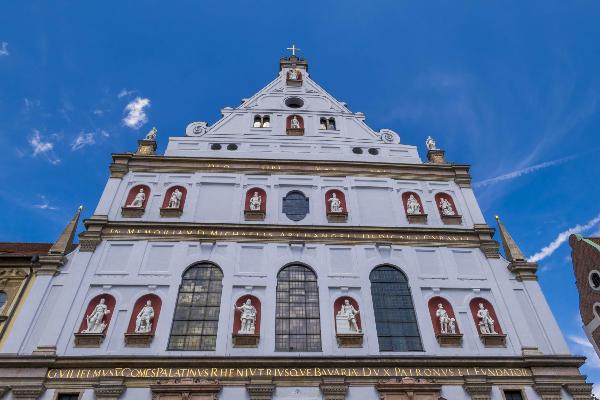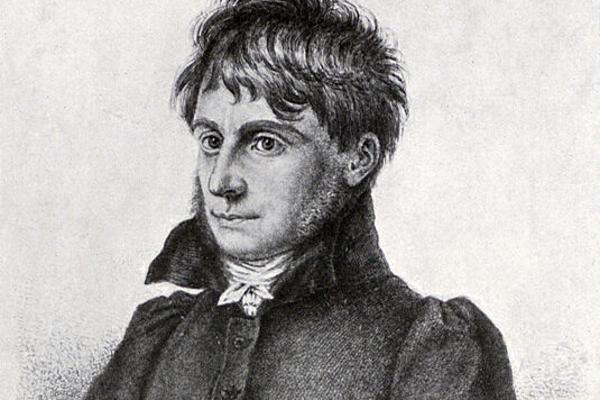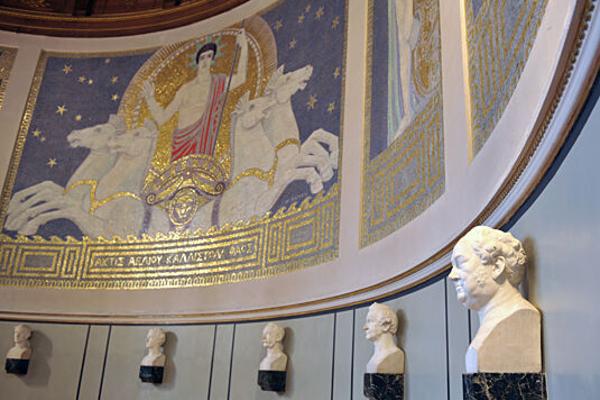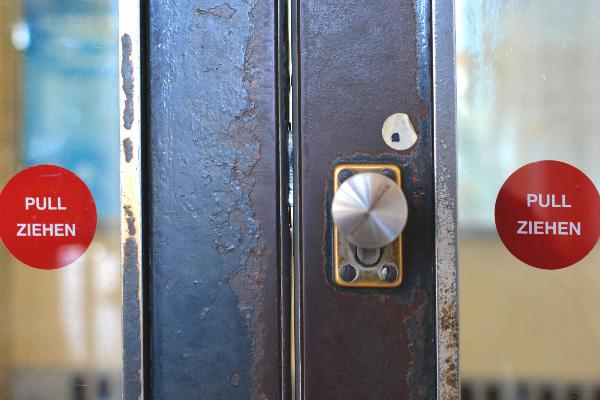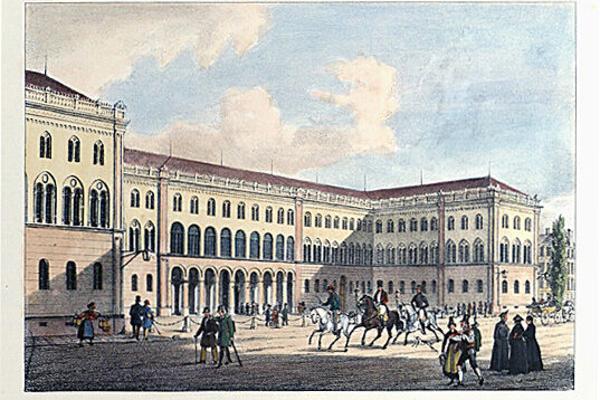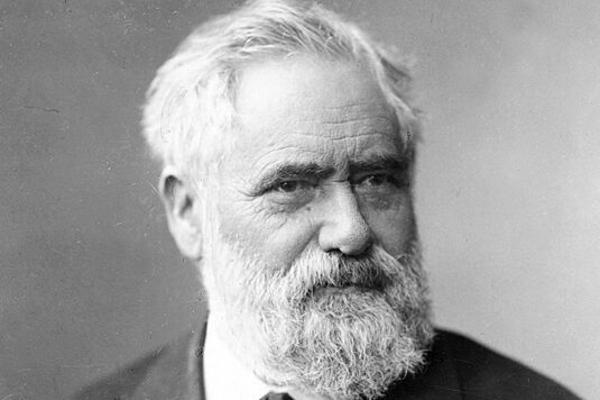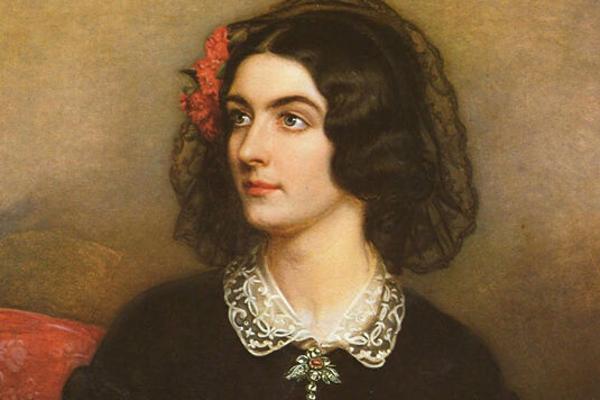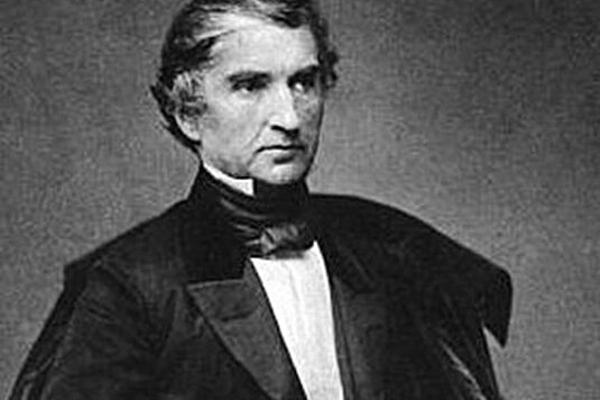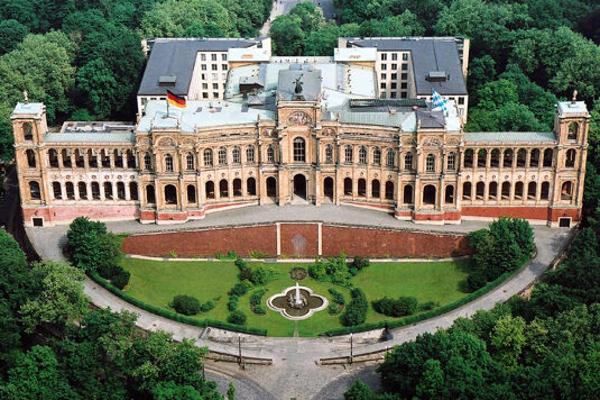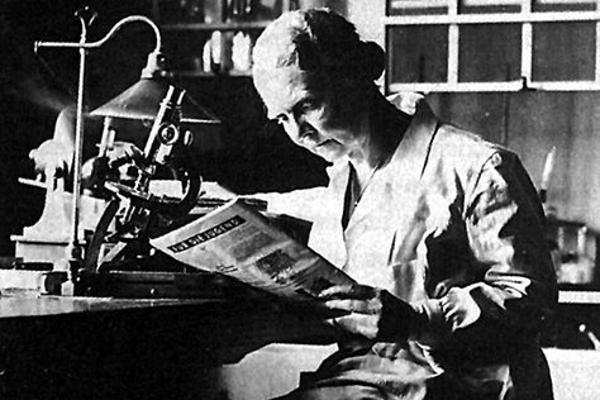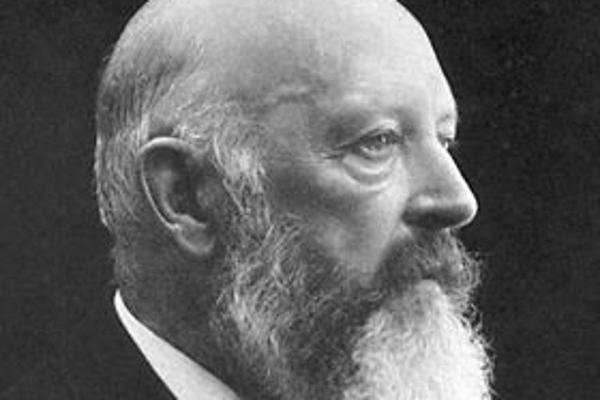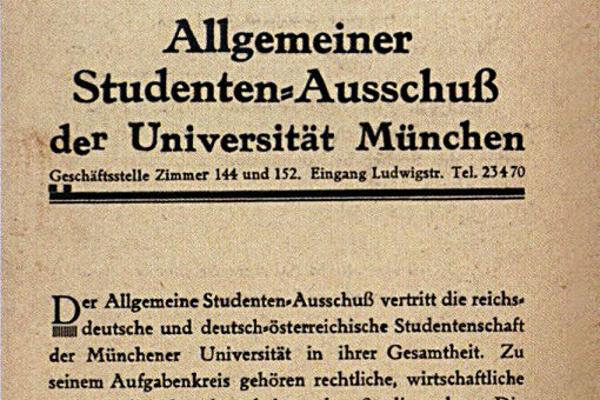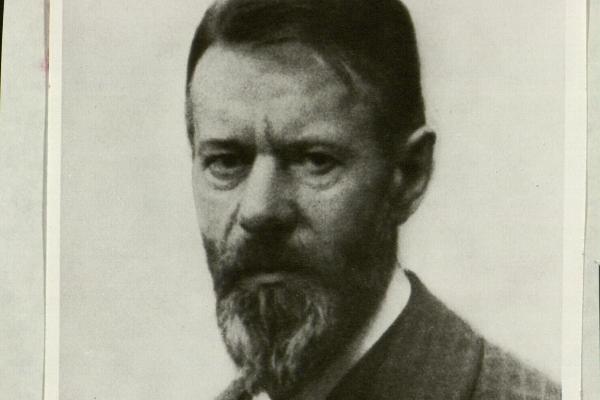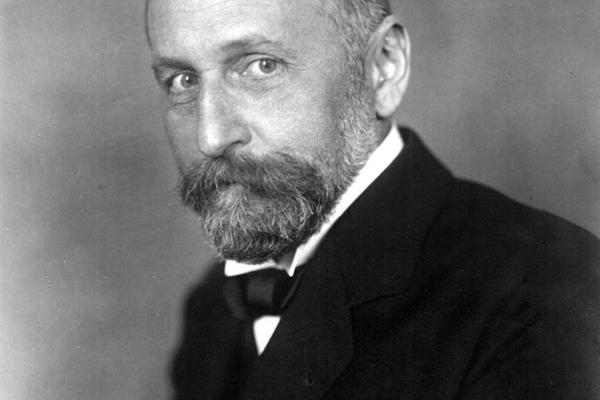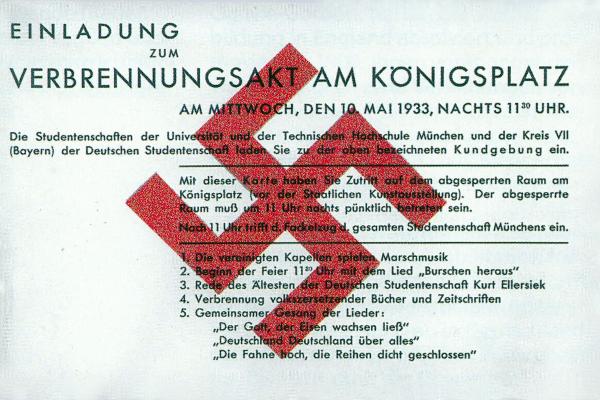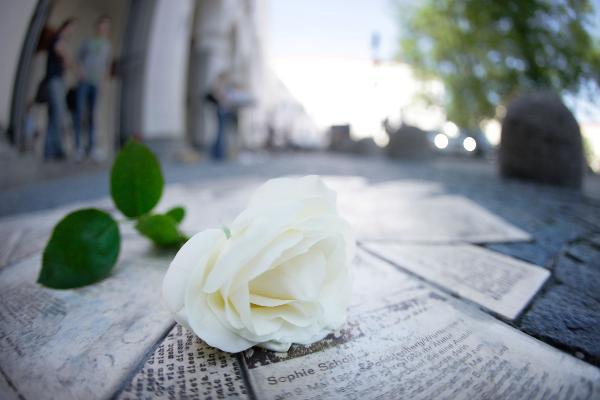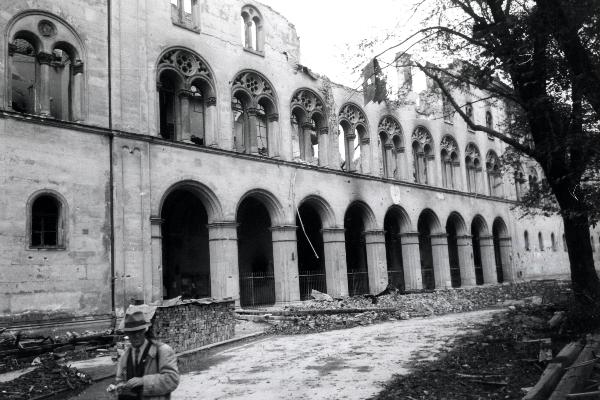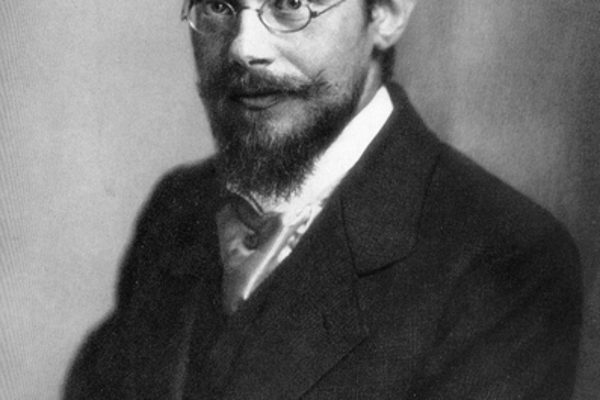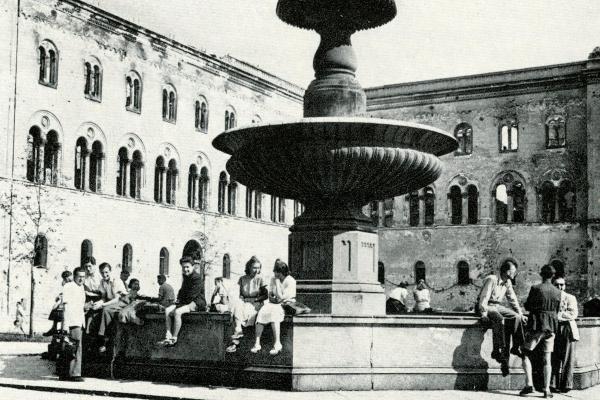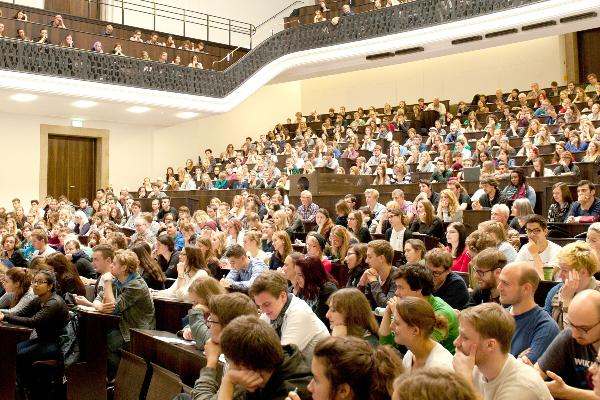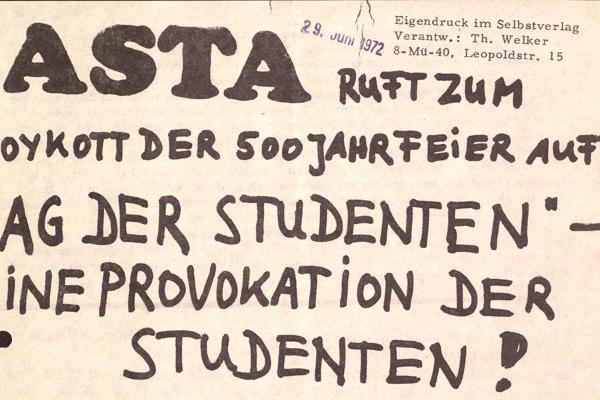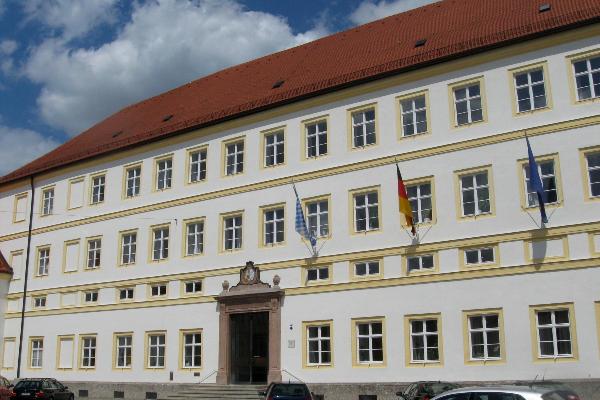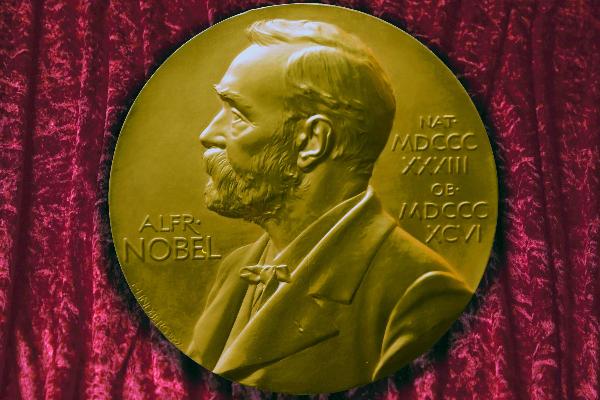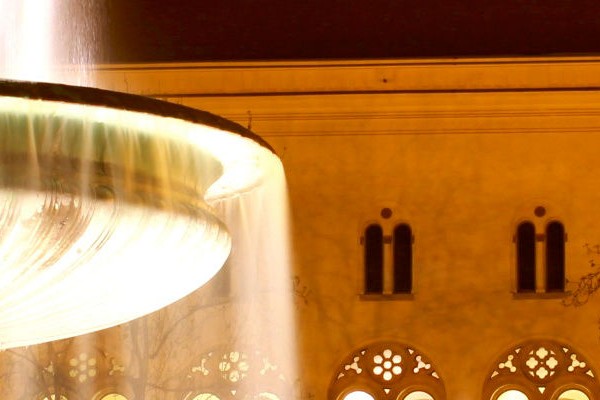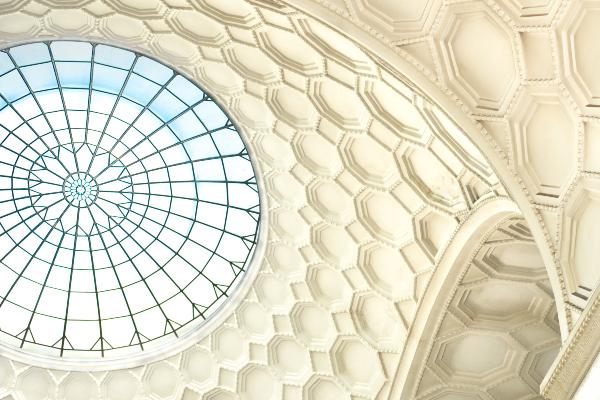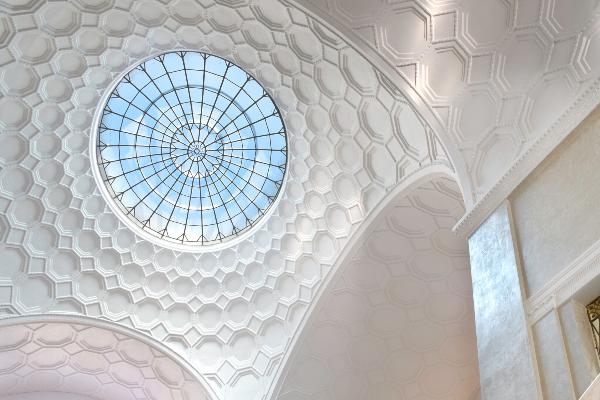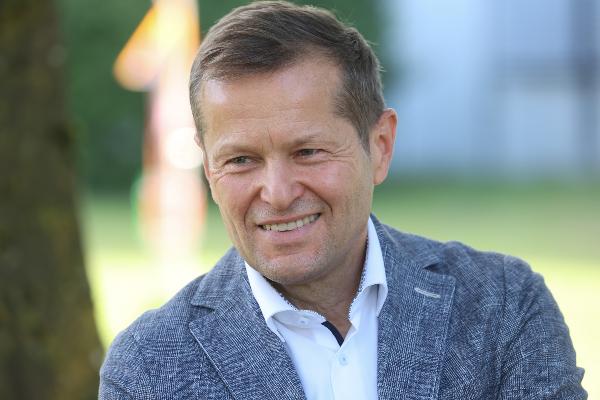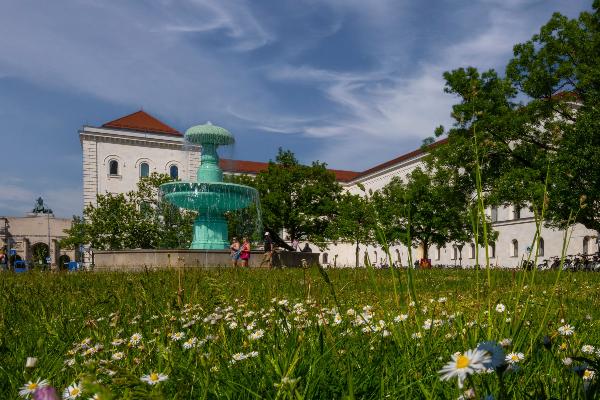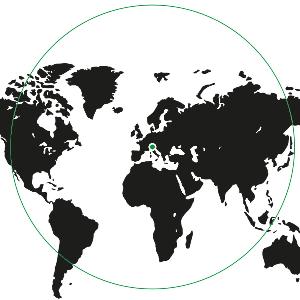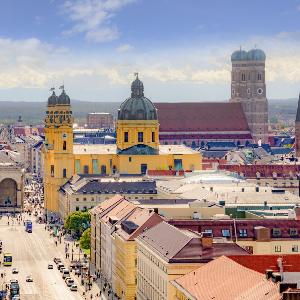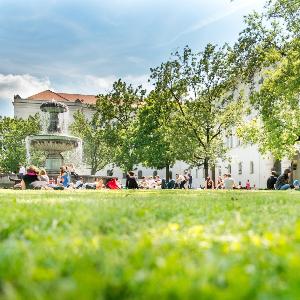
About LMU Munich
Ludwig-Maximilians-Universität München is a leading research university in Europe. Since its founding in 1472 it has been committed to the highest international standards of excellence in research and teaching.
Key facts
Students
Professors
Sponsored research funds
The life and times of the University
Founded in 1472, LMU developed over the epochs to one of the best universities in Europe. Today, LMU enjoys an outstanding reputation.
1472
Bavaria's first university
Duke Ludwig IX the Wealthy of Bavaria-Landshut founds Bavaria's first university in Ingolstadt. Learn more
1492
Konrad Celtis, one of the leading humanists of the day, joins the faculty. Learn more
1494
Duke George the Wealthy of Bavaria-Landshut endows the Georgianum to enable less well-off canidates to study Theology. Learn more
1507
Johannes Aventinus lectures on Mathematics, Astronomy and the works of Cicero in Ingolstadt. Learn more
1510
Theologian Johannes Eck, one of Martin Luther’s most implacable opponents, is appointed to a professorship. Learn more
1549
In November 1549, Petrus Canisius and two of his fellow-Jesuits arrive at the University. Learn more
1588
Jakob Gretser takes up his teaching duties at the Jesuit College in Munich. Learn more
1610
The Jesuit Christoph Scheiner begins to teach Mathematics and Hebrew at Ingolstadt University. Learn more
1702
Johann Adam Freiherr von Ickstatt is appointed Director of the University. Learn more
1776
The Illuminati, a secret society dedicated to the goals of the radical Enlightenment, is founded in Ingolstadt. Learn more
1800
The University moves from Ingolstadt to Landshut, and takes up residence in the former Dominican monastery. Learn more
1826
Shortly before its removal to Munich, LMU has 1,000 students. Learn more
1826
During the reign of King Ludwig I LMU is transferred from Landshut to Munich. Learn more
1827
Joseph Görres and Friedrich Schelling join the faculty at LMU. Learn more
1830
Founder’s Day is celebrated for the first time to commemorate the founding of LMU and highlight its contributions to research. Learn more
1830
In response to student protests, King Ludwig I orders the temporary closure of the University. Learn more
1840
King Ludwig I commissions Friedrich von Gärtner to design a representative new building for the University. Learn more
1847
Max von Pettenkofer is appointed Professor and later sets up the first Institute of Hygiene in Germany at LMU. Learn more
1848
The King‘s relationship with Lola Montez triggers rioting and leads to the closure of the University. Learn more
1852
On the recommendation of Max von Pettenkofer, Justus von Liebig receives a Chair at LMU. Learn more
1852
The Maximilianeum is set up to prepare gifted students for senior administrative positions. Learn more
1900
The first women are admitted to doctoral programs at LMU. The first woman to complete the Habilitation does so in 1918. Learn more
1905
The 1905 Nobel Prize in Chemistry goes to Adolf von Baeyer, who becomes the second of LMU’s Nobel Laureates. Learn more
1919
Max Weber, one of the few professors in sympathy with the new Republic, joins the LMU faculty. Learn more
1925
Richard Willstätter, renowned chemist and Nobel Laureate, resigns in protest against anti-Semitic agitation. Learn more
1942
Members of the White Rose group issue leaflets calling for resistance against the Nazi regime. Learn more
1944
Munich, including the LMU, suffers severe bombing. Over 70% of the city’s buildings are destroyed. Learn more
1945
Albert Rehm is named Provisional Rector of LMU, following the closure of the University by the American authorities. Learn more
1946
LMU formally reopens on 23 July. It is the last university in the American Zone to do so. Learn more
1995
The ‘Landshuter Freundeskreis’ is formed as an integral part of the Munich University Association. Learn more
2005
Theodor W. Hänsch shares the Nobel Prize for Physics 2005 with two American researchers. Learn more
2006
A presidential system of governance is again introduced: Rector Bernd Huber becomes President. Learn more
2012
In the second phase of the Excellence Initiative, LMU emerges as the most successful participant. Learn more
2023
2025


